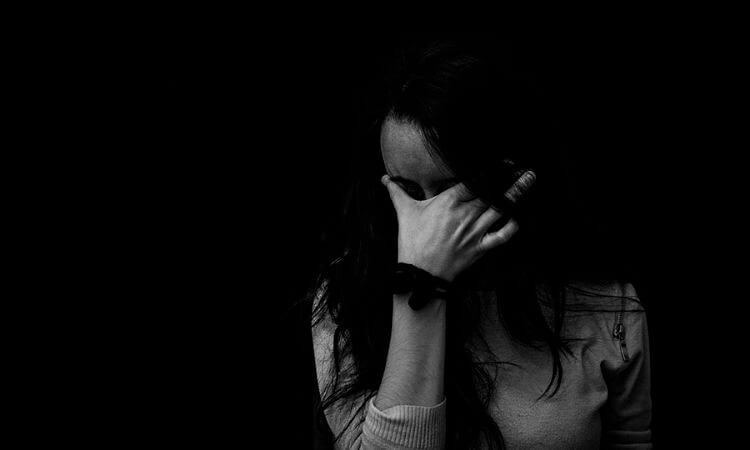
A co-occurring disorder which is sometimes referred to as dual diagnosis is a condition in which an individual experiences a mental illness and substance abuse simultaneously. Any combination of mental health disorders such as depression, post-traumatic stress disorder, and anxiety, combined with co-dependency on legal or illegal drugs or alcohol, qualify as a co-occurring disorder.
When a substance use disorder and a mental illness co-occur, they may differ in severity. The severity of each can change over time. Compared to individuals who have a single disorder, those with a combination of disorders may experience more severe medical and mental health challenges and may also require longer periods of treatment.
People Most Commonly Affected
People with mental health disorders are more likely to have a substance use disorder. According to the National Institute on Drug Abuse, roughly half of individuals who have a mental illness or substance abuse disorder will have a co-occurring disorder at some point in their life.
The symptoms of a co-occurring disorder may include:
- Sudden changes in behavior
- Social isolation
- Using substances under dangerous conditions
- Risky behavior
- Loss of control over how much they use substances or drink alcohol
- Needing more and more of the substance to achieve the desired effect which creates a tolerance
- Displaying intense, painful withdrawal symptoms
- Cravings for the substance, and the belief that they need the substance to function.
Treatment Options
Integrated treatment is a comprehensive rehabilitation program that offers all the medical, therapeutic, and holistic resources necessary to help clients heal physically, mentally, emotionally, and spiritually. Treating a co-occurring disorder requires more intense, one-on-one treatment. To provide appropriate treatment for co-occurring disorders, the Substance Abuse and Mental Health Services Administration (SAMHSA) recommends treatment combining substance abuse and mental health interventions These include clinicians, physicians, and organizations to help guide and support patients rather than treating each disorder separately without consideration for the other. The goal is to improve the patient’s physical and mental health, assist with housing issues, and guide them to gainful employment.
As a part of programs that treat co-occurring disorders, group therapy can help increase awareness of the symptoms of disorders and the relationship between mental disorders and substance abuse. Relapse-prevention education can also help them become aware of cues that make them more likely to abuse substances and help them develop alternative responses.
Living with both a mental health disorder and substance abuse or addiction can be especially challenging. The poor lifestyle choices associated with these two disorders can translate into early and/or sudden death for the individual if no treatment is received. People with co-occurring disorders are at high risk for many additional problems such as symptomatic relapses, hospitalizations, financial problems, social isolation, family problems, homelessness, sexual and physical victimization, incarceration, and serious medical illnesses.
Help is Available
If someone is displaying symptoms of a co-occurring disorder, it is crucial that they receive swift medical attention from a professional. Proper treatment improves the odds of future rehabilitation.
At Midwood Addiction Treatment, your recovery is our purpose. Contact us at (704) 741-0771 OR (704) 741-0771